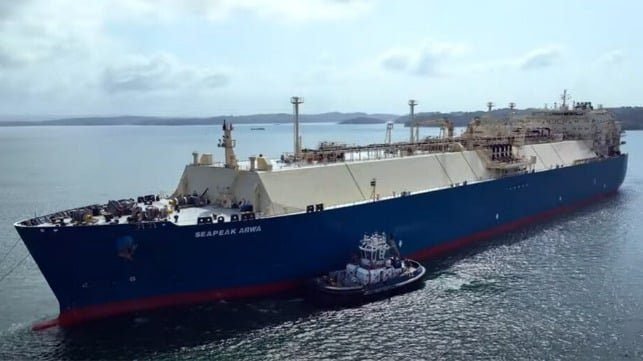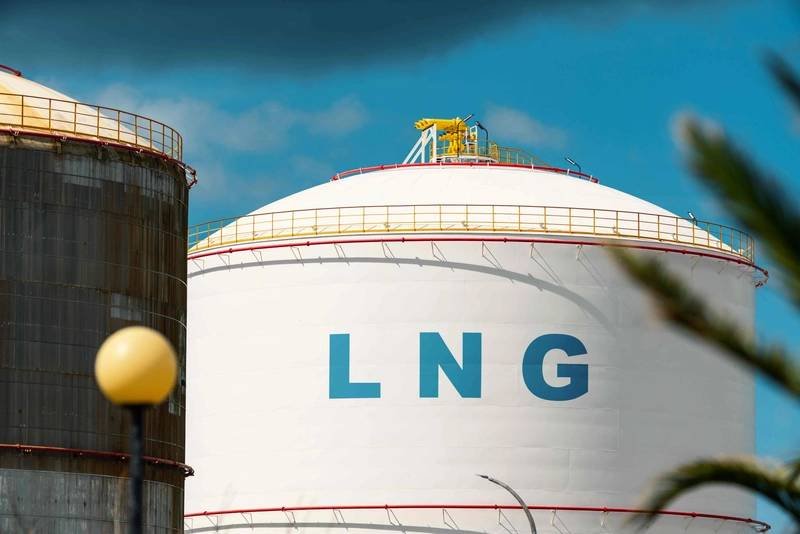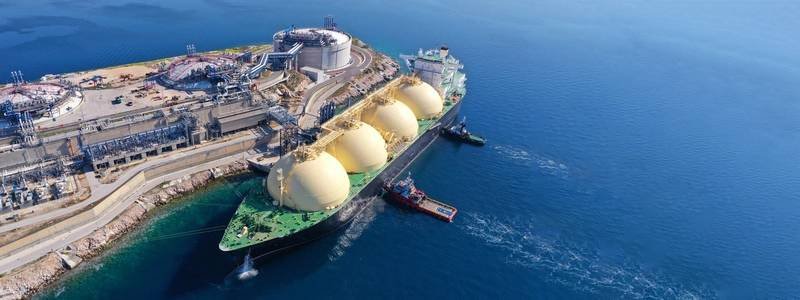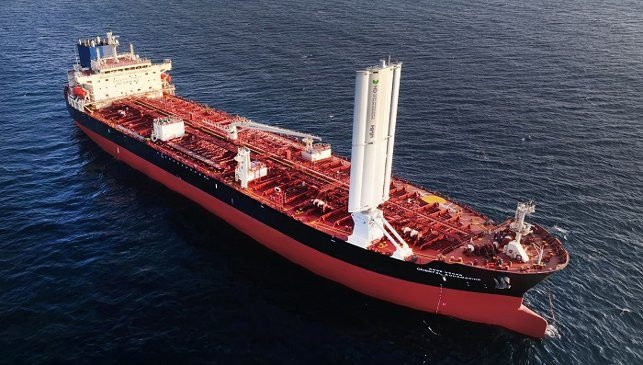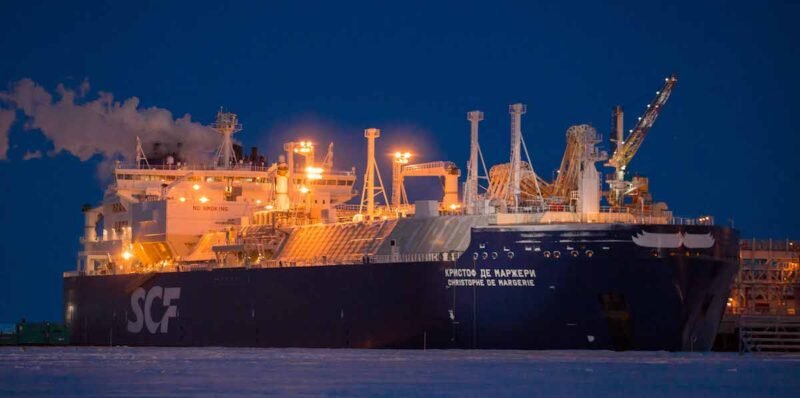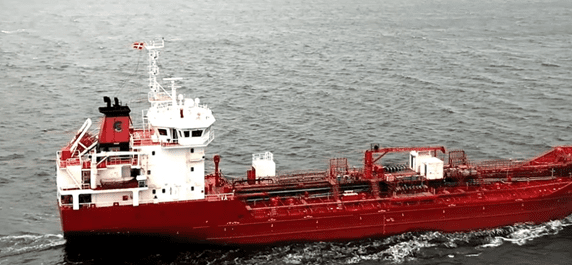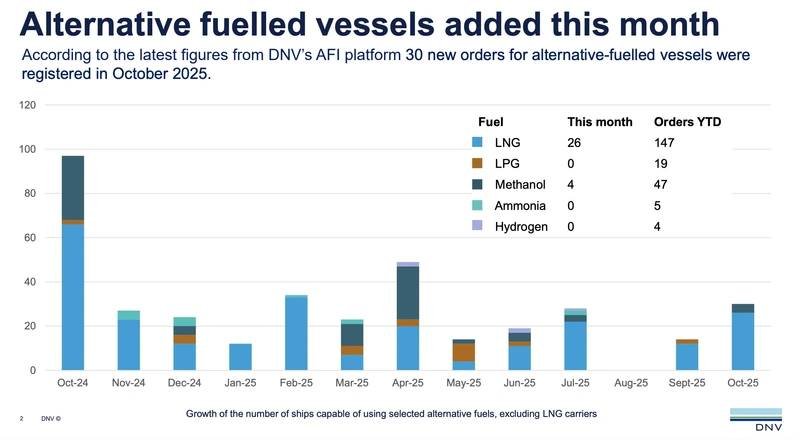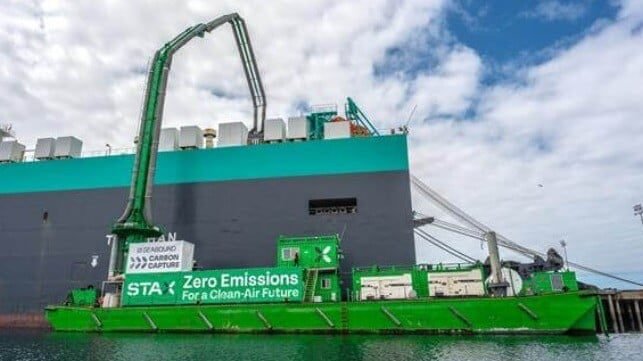The EverLoNG project, launched in October 2021, has shown promising results in the first phase of testing carbon capture technology on maritime vessels. The project, involving a coalition of industry-leading companies and government funding from multiple countries, recently completed a major milestone with the deployment of a prototype system on board the Seapeak Arwa, an LNG carrier. The test, which ran for over 1,000 hours, demonstrated capture rates of up to 85 percent, exceeding expectations.
Following the successful trial on the Seapeak Arwa, the carbon capture unit will be installed on the SSCV Sleipnir, a semi-submersible crane vessel, for the second stage of testing. This phase will see the full carbon capture, utilization, and storage (CCUS) chain in operation, with captured CO2 stored on board and then offloaded for utilization or permanent storage.
The EverLoNG project aims to demonstrate carbon capture technology on LNG-fueled ships and contribute to the regulatory framework for shipboard carbon capture. Participants in the project include industry-leading companies such as MAN Energy Solutions, Conoship, Heerema Marine Contractors, TotalEnergies, and TNO, which is the project leader. The project is scheduled to run until March 2025 and is expected to accelerate the implementation of carbon capture technology in the maritime sector.


